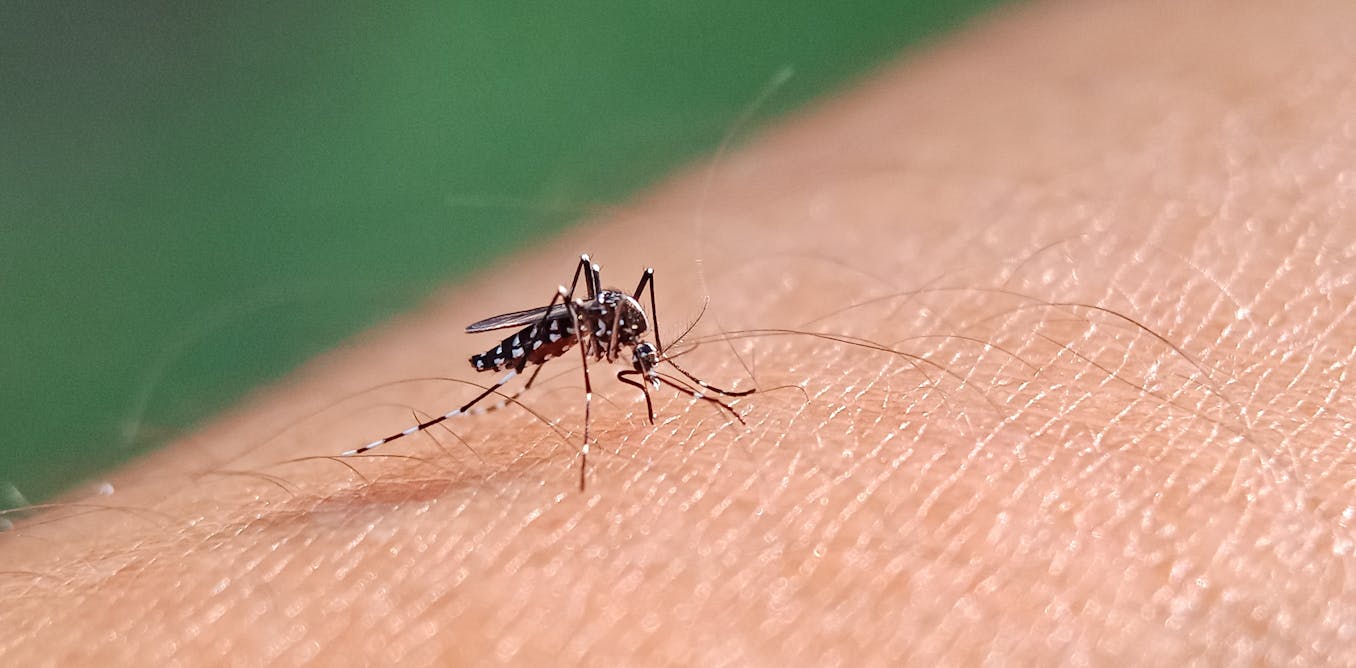It has been ten years since Brazil faced a major outbreak of the Zika virus. The alert was given in 2015, when the country’s north-eastern states reported a sudden increase in the number of babies born with unusually small heads – a condition called microcephaly.
Obstetrician Adriana Melo was working in a maternity ward in Paraíba when she noticed something strange during routine ultrasounds. More and more foetuses had microcephaly. She suspected a link to the Zika virus, which was just starting to circulate in Brazil.
Melo collected samples of amniotic fluid and sent them for testing. The results confirmed her suspicions, making her one of the first doctors to prove that Zika infection in pregnancy could cause serious brain malformations. This discovery was crucial for both Brazilian and international health authorities and triggered a global effort to control the epidemic.
A decade on, research into Zika has moved forward. Scientists have long studied how the virus harms the developing brain, but until now its effects on the adult brain were less clear. Together with Giselle Passos and Iranaia Assunção-Miranda from the Federal University of Rio de Janeiro and colleagues at the Brain Institute of the Pontifical Catholic University of Rio Grande do Sul and the Wallenberg Centre for Molecular Medicine in Sweden, we have discovered that Zika can also infect a part of the brain called the hypothalamus and cause long-lasting problems with insulin.
How Zika attacks the brain
The hypothalamus is a small but crucial part of the brain that helps control things like hunger, temperature, heart rate and metabolism. In our study, we found that Zika reaches the hypothalamus and triggers inflammation, activates immune cells in the brain called microglia and causes persistent problems with how insulin works. Insulin helps the body control blood sugar, so when it doesn’t work properly, it can lead to type 2 diabetes.
stefan3andrei/Shutterstock.com
Our research, which was recently accepted for publication in the journal Cell Death and Disease, shows that even after inflammation subsides, the brain’s insulin resistance persists.
In experiments on adult mice, Zika infection led to a strong immune response in the hypothalamus and disrupted the balance of hormones that regulate blood sugar. These results suggest that people who have had Zika may face a higher risk of long-term metabolic problems, even after they recover from the initial infection.
This fits with what we know about Zika and other viruses. Zika belongs to the Flaviviridae family, which includes dengue, another mosquito-borne virus. Previous studies have shown that Zika can damage both the developing and adult brain, causing conditions like myelitis or encephalomyelitis. Research in mice has demonstrated that Zika can persist in the hypothalamus, affect hormone systems that control growth and reproduction, and even reduce fertility.
Similar disruptions in insulin signalling have also been seen with other viral infections, including influenza, COVID, HIV, hepatitis C and dengue. This highlights the importance of closely monitoring viral outbreaks and their potential long-term effects on health.
Our findings suggest that Zika infection should now be considered not just as an immediate risk to the developing foetus, but also as a potential contributor to metabolic problems like type 2 diabetes in adults.
By better understanding how Zika affects the adult brain, we may eventually develop strategies to prevent or reduce these long-term consequences, and be better prepared for future viral outbreaks.
